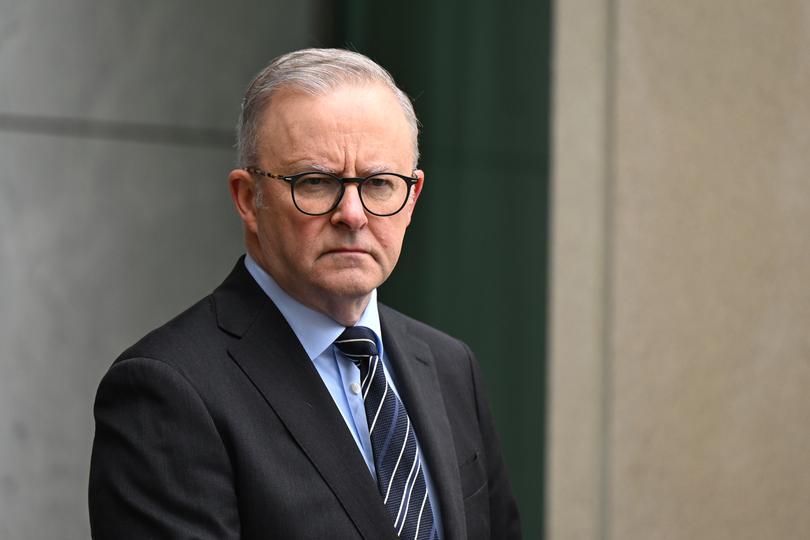Expert says youth extremism programs can work but success never guaranteed after teen shot after stabbing
Programs designed to deradicalise young people are effective but can never guarantee success, a leading expert has said.
Programs designed to deradicalise young people are effective but can never guarantee success, a leading expert has said, amid scrutiny of the interventions used on the 16-year-old boy who committed the Willetton stabbing.
The teenager who was shot by a police officer after stabbing a man on Saturday night was among a small group of juveniles in WA participating in a countering violent extremism program.
WA authorities will now review the program, with Premier Roger Cook saying he wanted to “understand how that program works and its effectiveness”.
Sign up to The Nightly's newsletters.
Get the first look at the digital newspaper, curated daily stories and breaking headlines delivered to your inbox.
By continuing you agree to our Terms and Privacy Policy.The Commonwealth-funded program currently has nine participants, including five juveniles and four adults.
Professor Debra Smith said there was clear evidence so-called CVE programs worked, having examined them across the country.
She said the programs attempted to understand the complex factors underpinning an individual’s behaviour and then offer tailored support to guide them “away from the pathway towards violent extremism”.
The support ranges from peer or religious “monitoring”, mental health support, mentoring and education and employment services.
Roughly 140 participants are involved in CVE programs nationwide.
The Victoria University professor has cautioned against the use of the phrase “radicalisation”, arguing it overstated the influence of ideology in explaining a young person’s behaviour.
She said a young person who struggled to fit in might gravitate to online spaces where violent content was shared as a way of socialising.
“It can be violent material that’s got nothing to do with any political, religious or ideological component,” she said, listing execution videos from overseas or “general gore” as the type of material a troubled young person might seek out.
Authorities are increasingly concerned about the radicalisation of minors in the age of social media.
ASIO boss Mike Burgess last month warned that the proportion of minors in its counterterrorism caseload was rising again, having dropped from a peak of 50 per cent a few years ago.
“They are a vulnerable cohort,” he said.
A recent Department of Home Affairs submission to a Senate inquiry on right-wing extremism noted the rise in young people with mental health issues, including neurodiversity, in its terrorist and violent extremist caseload.

Prime Minister Anthony Albanese said he was concerned about the radicalisation of teenagers online, suggesting social media was to blame.
“Social media, where people can be pushed through the use of algorithms of what occurs towards more extreme positions is, of course, a concern,” Mr Albanese said.
Home Affairs Minister Clare O’Neil on Monday suggested the Commonwealth was looking at how to improve programs to combat radicalisation.
Without commenting on the specifics of the Willetton attack, Ms O’Neil said there were three major trends in terrorism incidents playing out in Australia and across the developed world.
The first was a shift from intricately planned, high-tech attacks to incidents involving basic weapons such as kitchen knives.
The second, she said, was the “really fast” transition between someone radicalising and then committing a violent attack.
The third was the radicalisation of younger people.
